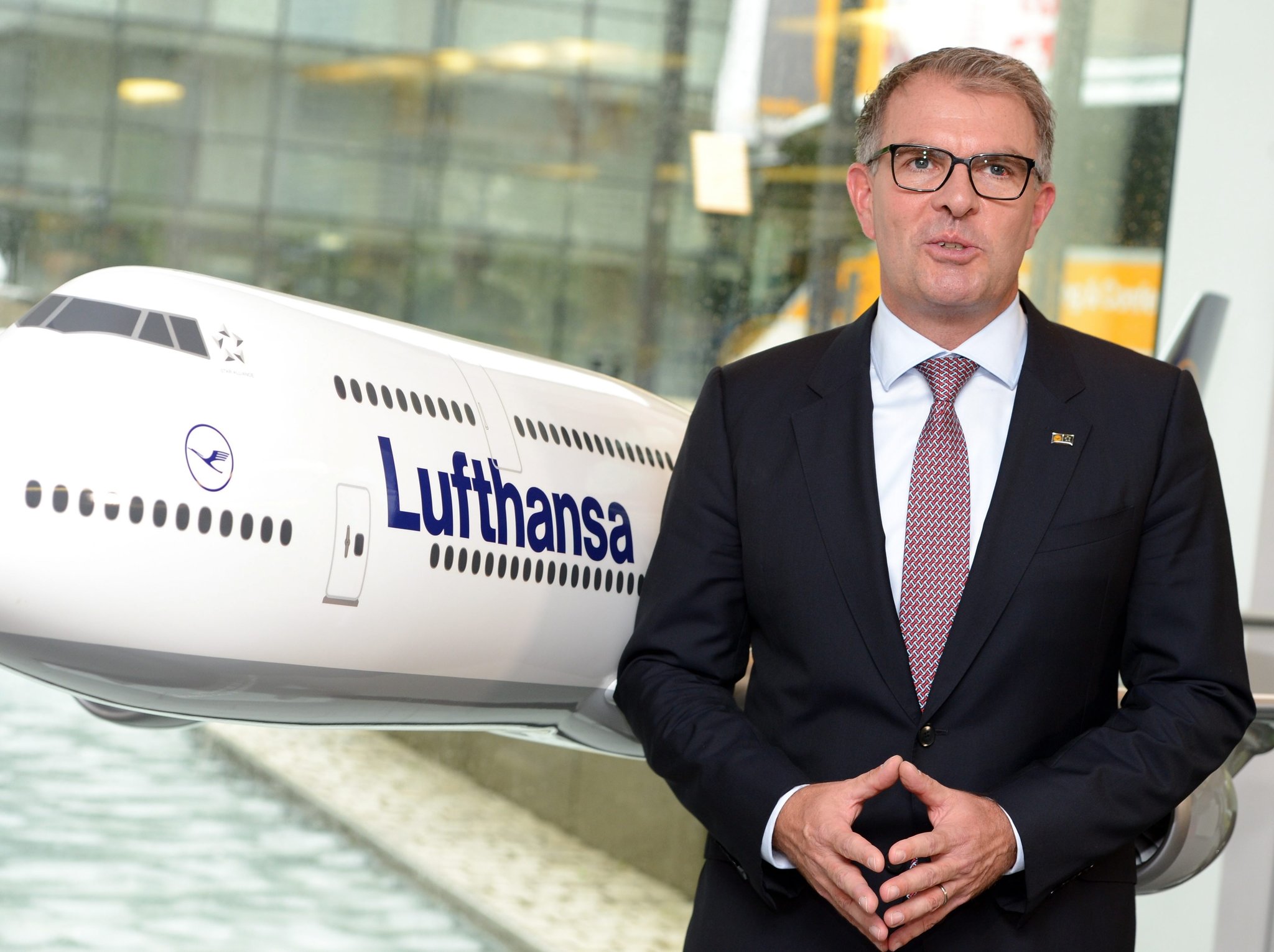Lufthansa reported an extraordinarily strong summer, with an 88% load factor for the month of August throughout the entire network. One reason is the ever-improving "linking the Lufthansa hubs to each other," Lufthansa Group CEO Carsten Spohr said. According to Spohr, 40 percent of the group's transfer passengers use "more than two airline brands" from the Lufthansa airline group on their flights.
Route Network Update
It is without question, that overcapacity and detours around Russian airspace are putting European carriers on routes to the Far East under economic pressure. Therefore, a lot of capacity has been shifted to the North Atlantic routes. However, Chinese airlines continue to fly over Russia into the European Union. Their direct routes to Europe not only save up to three hours of flight but also costs.
The daily Lufthansa Frankfurt-Beijing flight, once operated by an A380, is no longer profitable anymore, Spohr made it clear. Lufthansa will put the route on hold but continues to operate from Munich to Beijing, as well as from Frankfurt and Munich to Shanghai. Lufthansa sees a lot of opportunities in the southern hemisphere such as new routes from Munich to Johannesburg and Sao Paolo. Lufthansa believes these lucrative network gaps south of the Equator could also be covered via its new hub at Rome Fiumicino with ITA Airways.
Boeing Aircraft Delays
However, the core brand Lufthansa Airline is under pressure related to high location costs in Germany and the lack of deliveries of Boeing long-haul aircraft. Lufthansa Airlines made losses due to expensive strikes and high operating costs. As of today, Spohr said that only 25% of Lufthansa Group revenues are generated in Germany. But of the group's roughly 800 aircraft operating today, still more than half are based in Germany, especially in Munich and Frankfurt hubs. However, these locations have a much higher cost structure.
The company is currently missing 41 Boeing wide-body jets which should have already been delivered. Among them are 15 787-9s parked at Boeing’s facility in Charleston all awaiting certification of their first-class seats. Delivery of the even larger 777-9 is still on hold due to the Boeing crisis. Lufthansa does not expect it before the end of 2026.
Lufthansa is therefore currently flying 23 older long-haul jets from Airbus and Boeing (A340-300, A340-600 and 747-400). "Longer than planned. Because we actually don't want to operate them anymore“, Spohr says. Lufthansa had to adjust flight schedules to the lack of aircraft.
Update on Staff Hiring
Spohr also has disclosed more details about Lufthansa Technik’s (LHT) plans to build a new facility in southwest Europe. LHT is set to expand its already significant international aftermarket presence by establishing a unit in Lisbon, Portugal, Spohr said. “Our backup will be Spain,” he added. Spohr said that in southern Europe, LHT can find the staff it needs, “which we gradually cannot find anymore in Hamburg,” he said, referring to LHT's home base.
“Finding employees in southern Europe will be easier.”
Spohr said Lufthansa Group airlines had added 10,000 new employees in 2024, noting the company had received over 250,000 applications. However, “our service providers can no longer find employees anymore,” he said. Lufthansa Group has also shown interest in the Portuguese market on the airline side, following up its investment in Italy's ITA Airways by showing interest in the privatization of TAP Air Portugal.
LHT’s European base maintenance portfolio outside Germany already includes Lufthansa Technik Sofia in Bulgaria, Lufthansa Technik Malta, and Lufthansa Technik Budapest in Hungary. LHT Hamburg specializes in base maintenance for VIP, governmental, and special-mission aircraft.


